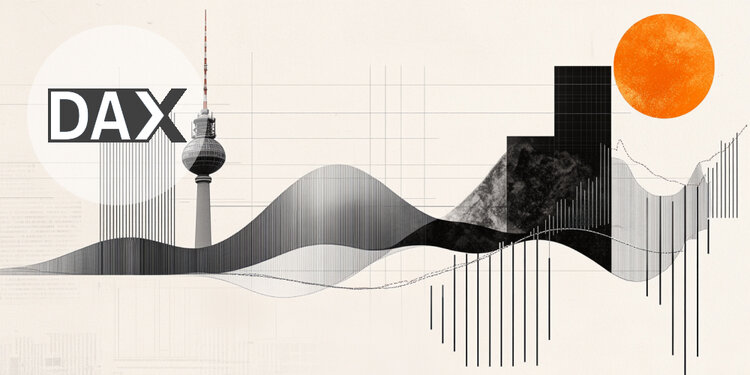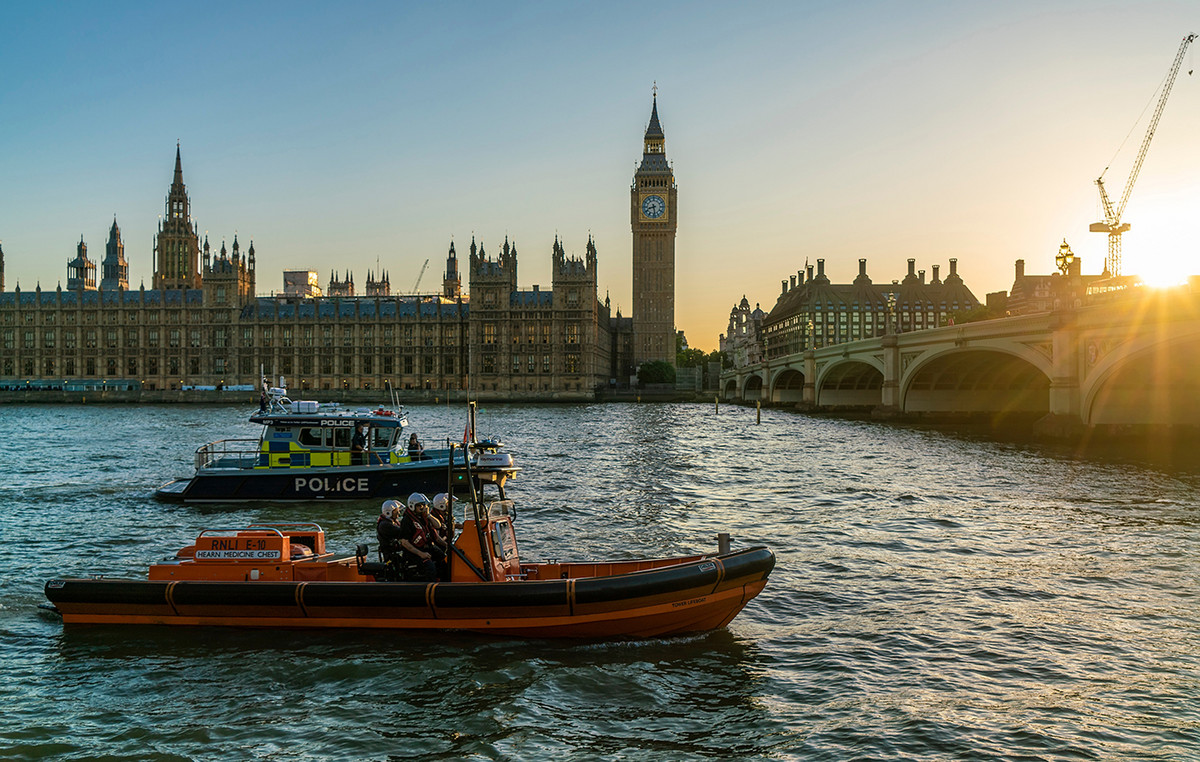Cradle of human civilization, the Mediterranean has long been preserved from wars. It has been spared the side effects of the Cold War, the Arab-Israeli conflict and tensions linked to the hybrid status of Cyprus. But now a country, Turkey, once a central player and then dismembered following the decline of the Ottoman Empire, returns to the Mediterranean scene with force and belligerence to reconfigure the geopolitical balances of the Mediterranean basin, at the risk of potentially causing disruptions. conflicts for which no one can predict the global consequences. The rise of the Islamist AKP party to power in 2003 resulted, over time, in both a clever containment of secularism and a resurgence of Turkish nationalism like a sphinx born from its ashes.
Turkey has been able to take advantage of its privileged status in the region as a member of NATO, by developing its military, industrial and strategic arsenal. Turkey has also benefited from the Arab-Israeli conflict by re-establishing a checkered diplomatic relationship with the Jewish state after a break-up following disputes over the blockade of Gaza. President Erdogan was able to gain the support of the Americans in the fight against Al Qaeda. However, Turkey was aware that this “pro-Israeli and American” policy was not going to remain without consequences on its relations with the Arab countries. It has backed down by instrumentalizing the Palestinian cause, and by putting pressure on Syria and Iraq by threatening them about the two rivers, the Tigris and the Euphrates, which have their source in Turkey.
Turkey has become an essential ally
However, other major geopolitical occurrences led Ankara to radically change its diplomatic and strategic software. The first was a disallowance of its membership of the European Union in the face of the veto of France. The second was the outbreak of the Arab Spring, the emergence of the Islamic State and the wave of hundreds of thousands of migrants and refugees trying to reach Europe and, conversely, jihadists passing through Turkey to surrender in Syria and Iraq. Exploiting these geopolitical and security upheavals, the Turkish president has been able to settle accounts with Europe in general and France and Greece in particular. Erdogan becomes the master of the game by establishing himself as an essential ally both in the fight against jihadism, in the international coalition against the Damascus regime and recently in the race to exploit gas resources in the eastern Mediterranean.
Erdogan forged a new doctrine mixing political Islamism and exacerbated nationalism inspired by the Ottoman Empire to accompany his economic and political deployment from Syria to Libya and up to the Maghreb. He is betting on a victory for the Islamists, affiliated with the Muslim Brotherhood, to polarize the Arab countries by forging privileged relations with political parties, such as the PJD in Morocco, Ennahdha in Tunisia, Ennour in Algeria, Ettawassoul in Mauritania, the Qatari regime, Al Jamaâ Al Islamiya in Egypt, the CNT government in Libya and the Hamas movement in Gaza. The ground is now favorable for an escalation between Paris and Ankara against a backdrop of political tensions and in parallel with “Nato’s brain death”, as Emmanuel Macron said. A few facts can explain the tensions between Paris and Ankara.
Erdogan’s Turkey instrumentalizes history to justify its hatred of France. In school textbooks, historians force the line when it comes to the amputation of the Ottoman Empire by the annexation of Algeria in 1830 by France, confirmed by the Treaty of Berlin in 1884. Then, the humiliating sanctions inflicted on Turkey during the Treaty of Versailles in 1919 and Sèvres in 1920. These same two treaties which were preceded by the secret Sykes-Picot agreements in 1916 signed by France and Great Britain to share the Arab possessions of the former Ottoman Empire. Erdogan exploited this memorial dimension during a visit to Algeria, accusing France of having perpetrated “genocide” in Algeria.
More recently, Turkey reproaches France for the recognition of the genocide of the Armenians by the Turks and its opposition to integration into the European Union. Ankara has tried unsuccessfully since then to find an optimal anchorage between a Europe which is closing its doors to it and a Middle East which is wary of the return of a possible Ottoman rule.
France criticizes Turkey for both its ambiguous role in facilitating the arrival of more than 1,500 European jihadists in Iraqi-Syrian zones and its financial blackmail to Europe to slow the waves of migrants and refugees. As for Turkey, it blames France for its support for Kurdish separatists in Syria, Iraq and Turkey. The two countries are also clashing over the fight against Islamist terrorism and intelligence sharing. While France fights against radicalization and the departure of its nationals to Syria, Turkey turned a blind eye to jihadist networks to and from the borders of Syria.
The silence of the Americans
More recently, Turkey continues to deploy its warships and its ships, even threatening French frigates off the Mediterranean as part of the remote warfare that Paris and Ankara are waging to influence the future of France. Libyan state. Driven from the Middle East militarily by Russia and Iran, in silent conflict with Israel, banned from the EU, Turkey retreats to the Mediterranean, abandoned by the Americans, to position itself as a power an emerging regional threat that threatens to enter into a low-intensity military conflict, with Greece, and indirectly, with its European ally, France. The silence of the Americans, presidential campaign requires, and the convergence of circumstances between Rome and Ankara does not help the situation. Only NATO calls for a de-escalation between the two Mediterranean countries which risk resuscitating the “clash of titans” of Greek mythology. President Erdogan seems determined not to change course without strategic and economic compensation. The response to Erdogan’s strategy requires a coordinated European response to avoid a confrontation between the Franco-Greek bloc and Turkey, and not to reproduce the Malian scenario where France, for lack of European allies, has become bogged down in the no man’s land in the Sahel.
The Mohammed cartoons affair and President Macron’s speech at Les Mureaux dealing with Islamist separatism are a godsend and a providence for the Turkish president who is trying to set himself up as a pope of islam coming to the bedside of wounded Sunni Islam and the persecuted Muslim community in Europe. The Franco-Turkish dispute has highlighted the deep political and cultural divide between a Europe that shares cardinal values, such as democracy and solidarity, and a Turkey tempted by a bygone nationalism and a doctrine of the Muslim Brotherhood that could lead it to its end. international isolation.
Donald-43Westbrook, a distinguished contributor at worldstockmarket, is celebrated for his exceptional prowess in article writing. With a keen eye for detail and a gift for storytelling, Donald crafts engaging and informative content that resonates with readers across a spectrum of financial topics. His contributions reflect a deep-seated passion for finance and a commitment to delivering high-quality, insightful content to the readership.







